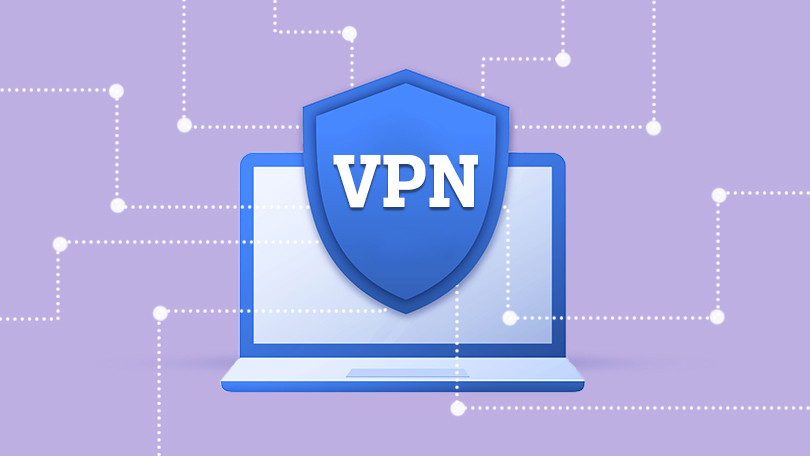Before you learn how to check if your VPN works, you need a brief reminder of what a VPN is. A virtual private network creates a secure, encrypted connection between you and the Internet for better protection. What does a VPN do:
- enable greater online privacy,
- hides user’s location,
- bypass blockades due to censorship,
- unblocks access to streaming platforms.
A VPN makes it more difficult for cybercriminals to track user activity and seize sensitive data, thus increasing the safety of employees on the Internet, such as during a business trip or using RDP.
How to check if a VPN is working?
There is a simple way to check a VPN connection – all you need to do is verify the IP address and location on sites such as whatismyipaddress. However, you need to know the public IP address and then connect to the VPN and the server. This makes it possible to compare the two addresses. Another way how to check if the VPN is working is through a DNS leak test – a tool for this can be provided by the VPN provider. An alternative is to use the dnsleaktest website for this purpose, which will verify the correctness of the connection.
Advantages of using a VPN
Like a remote desktop, a VPN connection is one of the more commonly used tools on the Internet. A virtual private connection provides protection by making it difficult for third parties (such as competitors) to monitor activity. While for personal purposes a VPN is most often used as a tool to guarantee access to entertainment content restricted by the distributor, it is also perfect for work. An encrypted connection secures your remote desktop, makes spying more difficult, allows you to bypass regional blockades and use public Wi-Fi safely. You just need to remember how to check your VPN connection.
Why doesn’t a VPN provide enough protection?
A VPN is described in the context of Internet security, but often requires additional support – an encrypted connection does not work well for shadow IT. Moreover, while a VPN protects against the theft of corporate data by cybercriminals, it does not provide protection against harmful activity by employees. With help comes a computer monitoring program that effectively closes the gaps in the VPN connection. Such monitoring programs are a proprietary DLP systems that takes a comprehensive approach to IT security. It allows a real-time monitoring of employees, effectively protecting key data from theft or leakage.

